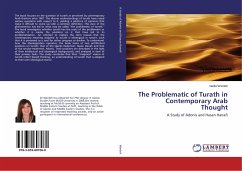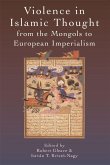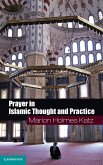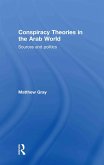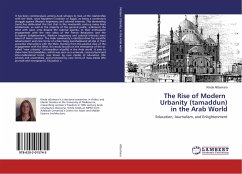The book focuses on the question of turath as perceived by contemporary Arab thinkers since 1967. The diverse understandings of turath have raised various questions with respect to it, yielding a plethora of opinions that make it difficult to come up with a common definition. This view of the phenomenon has led to what may be called "the problematic of turath." The book investigates whether turath has the roots of the problematic or whether it is mainly the positions on it that have led to its problematization. An attempt to explore the term reveals that the contemporary meaning assigned to turath is ideological in nature, such that it is perceived as a tool for either progress or decline. To understand how this ideologization operates, the book looks at two antithetical positions on turath: that of the Islamic-modernist, Hasan Hanafi and that of the secular-modernist, Adonis. Their positions are described in the light of their intellectual and ideological backgrounds, and analyzed in view of their primary texts. The study concludes that their "imagined" visions of turath reflect biased thinking, an understanding of turath that is adapted to their own ideological stance.
Bitte wählen Sie Ihr Anliegen aus.
Rechnungen
Retourenschein anfordern
Bestellstatus
Storno

